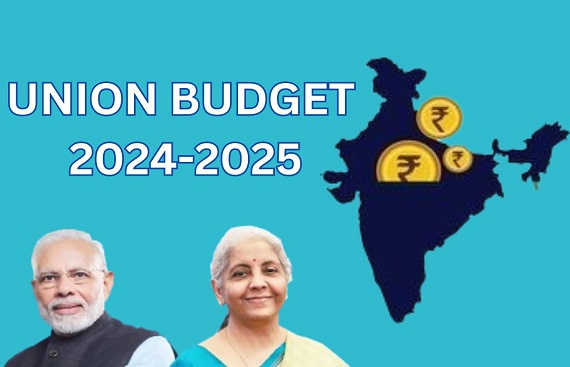Interim Initiation towards Stability: Anticipations from various Leaders

All eyes on what will be the interim budget for FY 2024. All eyes on Finance Minister Nirmala Sitharaman and the Budget team TV Somanathan, Finance Secretary, Tuhin Kanta Pandey, Dipam Secretary, Ajay Seth, Economic Affairs Secretary, Sanjay Malhotra, Revenue Secretary, Vivek Joshi, Financial Services Secretary, Nitin Gupta, CBDT Chairman, Sanjay Kumar Agarwal, CBIC Chairman, V Anantha Nageswaran, Chief Economic Advisor, and Ashish Vachhani, Additional Secy, Budget.
Many questions are looming in our minds, can we witness any major relief for all the industries with more attractive solutions is highly anticipated. As this is not a full Budget, the Interim Budget is temporary yet compulsory to bridge the gap between do’s and don’t’s, until a new government is formed.
The Interim Budget is for inclusive growth where the government plans and propagates a cautious approach toward smart and sustainable spending. In addition, recent government programs and policies highlight the change in the process of spending and expenditure in order to maintain economic growth and cut down fiscal deficit, further emphasizing on capital expenditure. Scholars, educationists, and economists believe that the focal point for central government is to give importance to capital expenditure, so that they can encourage more investments and improve expenditures. Looking at recent investments specifically ‘capex’ has boosted fixed assets and private investments, considering these benefits, government is strategizing to invest and push for more foreign and domestic investments.
What is important about Interim Budget? The attainment of fiscal deficit target of 5.9% of GDP for FY24, as the government aims to reduce the fiscal deficit by 50 basis points. How can we achieve it? This target will be successful only when we witness high growth in capital expenditure by balancing the external sector constraints and the achievement of the initial FRBM target, which demands a fiscal deficit of 3.0% of the GDP. And this can be positively achieved only when government amplifies more beneficiary schemes and policies to support every sector and innovative ideas & initiations.
And not to forget, beyond the limits of our imagination is always unveiled by Startups and their Innovation. Their unwavering belief in ideas is remarkable. The startup eco-system is positively looking forward to financial budget, though it is interim but very important for planning for further growth and development. Thus, with a booming voice to bloom in future, investors are enthusiastically waiting for action which will be overflooded with multiple opportunities. Most importantly, investors are seeking more tax benefits for investments. This will surely boost their confidence in taking risks in the early stage. From spacetech to drone tech to health tech to edtech to fintech all the startups from various industries are yearning for transformation. Therefore, rationalizing and standardizing the capital gains tax for both private and public shares, in turn will escalate the landscape of startup eco-system.
Although Interim Budget might not be the ultimate game changer, yet it can act as the game saver, as it provides valuable insights into the country’s economic status. So, let’s switch to what a few important leaders from various industries are expecting from Interim Budget 2024-25.
From modernization to standardization to institutionalization of Greater India, ‘Budget’ plays an important role in scrutinizing every action and anticipating constructive outcomes for building a strong economy!
![]() Manikanth Challa, Founder & CEO, Workruit (HR)
Manikanth Challa, Founder & CEO, Workruit (HR)
"According to the budget document for the fiscal year 2023-24, the government has allocated over 1 lakh crore to the Ministry of Education, emphasizing education and comprehensive skill-building for students. We anticipate a continuation of this trend, with a focus on holistic development that aligns education, employment, and health to foster a resilient and inclusive economy. Bridging the digital divide, especially in rural areas, and promoting online education initiatives are critical expectations. In the realm of employment, our expectations center around programs aimed at job creation, particularly in sectors affected by the pandemic. Skill development initiatives, aligning the workforce with emerging market demands, and support for entrepreneurship are seen as instrumental in stimulating economic growth and creating job opportunities. Our overarching hope is for a budget that seamlessly integrates education, employment, and health, leveraging digital technologies to enhance efficiency, transparency, and inclusivity across these crucial sectors. Ultimately, this approach aims to propel India towards a resilient and digitally empowered future".

